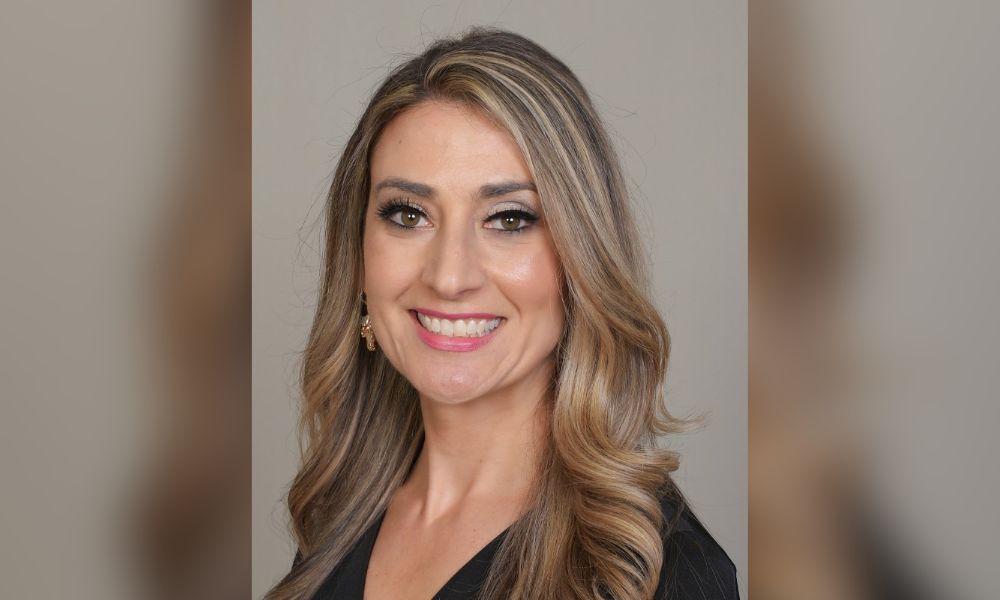Cyabra, an Israeli startup, has recently discovered more than 40,000 inactive counterfeit social media accounts endorsing and backing Hamas. These accounts were activated following the October 7th terrorist attacks in Israel, leading to a minimum of 1,300 deaths. These deceptive accounts were established over a year ago and remained inactive until the latest incident. In the wake of the attacks, these fraudulent accounts began to disseminate propaganda supporting Hamas and spreading misinformation. Cyabra’s extensive analysis highlights a well-orchestrated disinformation campaign by Hamas to influence public opinion and fuel further conflict.
Cyabra: A Social Threat Intelligence Firm
As a “social threat intelligence” firm, Cyabra aims to expose potential online dangers threatening individuals, organizations, and governments. The company uses advanced AI software to detect malicious actors using social media and other digital channels to spread false information. By analyzing vast amounts of data from social media platforms, Cyabra’s AI-driven technology identifies harmful narratives and disinformation campaigns, allowing users to stay informed and take necessary steps to counteract these threats. In doing so, it not only mitigates the risks posed by online misinformation but also supports the preservation of truth and trust in the digital world.
Identifying the Hamas-Related Narratives
Rafi Mendelsohn, the VP of Marketing at Cyabra, pointed out that the bogus accounts in support of Hamas propagated three main narratives on social media sites. These narratives primarily focused on glorifying Hamas’ actions, delegitimizing Israel, and inciting anti-Israeli sentiments. They relied on a combination of manipulated images, misleading information, and emotional appeals to attract attention and foster division among users.
The First Narrative: Potential Release of Palestinian Detainees
The first claimed that Israel would soon liberate Palestinian detainees from its prisons due to the significant number of Israeli hostages captured by Hamas. The second claim suggested that negotiations between Israeli authorities and Hamas leaders could potentially facilitate a prisoner exchange deal. In light of these developments, international organizations have called upon both parties to engage in open dialogue and uphold humanitarian standards in order to prioritize the safe return and well-being of hostages and detainees on both sides.
The Second Narrative: The Humane Treatment of Hostages
The second stressed the supposed kindness and humanity exhibited by Hamas towards their hostages. This depiction of Hamas has generated mixed reactions, as their actions in the past have been controversial and often contradictory. However, the report of their humane treatment of hostages may lead some to reassess their stance on the organization and its motives.
The Third Narrative: Focus on Al-Aqsa Mosque
The third storyline centered around Jerusalem’s Al-Aqsa Mosque. The Al-Aqsa Mosque holds immense religious and historical significance, as it is considered the third holiest site in Islam. Recently, tensions in the region have brought international attention to the mosque, leading to calls for peace and understanding from various countries and organizations.
Recognizing the Implications of Pre-Planned Disinformation Campaigns
Mendelsohn emphasized the “immense level” of planning and organization necessary to create and manage thousands of fake accounts, which were formed over a year before the attacks and became operational amid the incidents. This extensive preparation demonstrates the cybercriminals’ commitment to executing large-scale, coordinated assaults aimed at gaining unauthorized access to private information and systems. As such, corporations, government entities, and individuals alike must remain vigilant in bolstering cybersecurity measures and employing proactive strategies to counter these complex threats.
The Urgency of Countering Misinformation and Ensuring Proper Information Dissemination
This synchronized effort further highlights the urgent necessity to counter misinformation and ensure proper information dissemination. In order to provide reliable and up-to-date information to the public, various organizations and platforms need to actively collaborate and monitor the spread of misleading or inaccurate content. As we continue to face the constant barrage of new data and changing circumstances, it is more important than ever to promote transparent communication and evidence-based resources.
Frequently Asked Questions
What was the primary purpose of the counterfeit social media accounts?
The primary purpose of the counterfeit accounts was to disseminate propaganda supporting Hamas and spreading misinformation in the wake of the October 7th terrorist attacks in Israel. The goal was to influence public opinion and fuel further conflict.
How does Cyabra detect malicious actors and disinformation campaigns?
Cyabra uses advanced AI software to analyze vast amounts of data from social media platforms. Their AI-driven technology identifies harmful narratives and disinformation campaigns, allowing users to stay informed and take necessary steps to counteract these threats.
What were the three main narratives propagated by the bogus accounts in support of Hamas?
The three main narratives focused on glorifying Hamas’ actions, delegitimizing Israel, and inciting anti-Israeli sentiments. They relied on manipulated images, misleading information, and emotional appeals to attract attention and foster division among users.
How do large-scale, coordinated disinformation campaigns pose a threat to corporations, government entities, and individuals?
Large-scale, coordinated disinformation campaigns, such as the one by Hamas, demonstrate cybercriminals’ commitment to executing complex assaults aimed at gaining unauthorized access to private information and systems. This emphasizes the need for vigilance in cybersecurity measures and proactive strategies among corporations, government entities, and individuals alike.
Why is it important to counter misinformation and ensure proper information dissemination?
Countering misinformation and ensuring proper information dissemination is crucial for providing reliable and up-to-date information to the public. Various organizations and platforms need to actively collaborate and monitor the spread of misleading or inaccurate content to promote transparent communication and evidence-based resources in a rapidly changing world.
Featured Image Credit: Photo by Lisa Fotios; Pexels; Thank you!








































